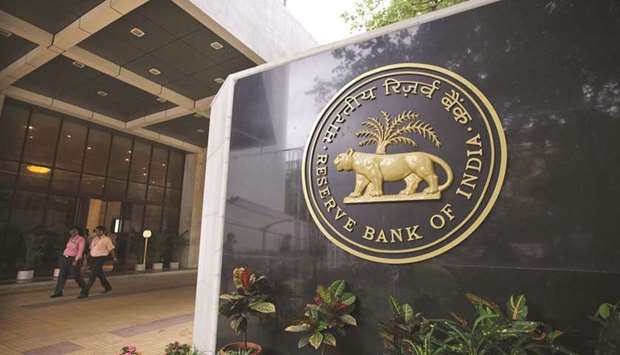India’s central bank approved an early transfer of a part of its profit to the government, which is desperate for cash to fund populist pledges ahead of a national election.
The Reserve Bank of India’s board, approved Rs280bn ($4bn) as interim dividend, according to a statement.
This is the second straight year that the RBI has announced an advance payment to Prime Minister Narendra Modi’s government.
In approving the measure, the RBI is emulating Turkey’s central bank that came to the aid of its government before municipal elections seen as a referendum on President Recep Tayyip Erdogan’s rule.
The RBI dividend will help Modi’s government partly bridge a budget gap and could be key to funding an income support programme for farmers ahead of a national vote due by May.
The government needs cash after allocating Rs200bn towards the first instalment of the $10.5bn programme by March 31.
The cash support – handing about 120mn farmers with up to 2 hectares (4.9 acres) three payments of Rs2,000 per year – was Modi’s last attempt at reversing fortunes after his Bharatiya Janata Party lost control of three key states in regional elections in December.
The transfer is “based on a limited audit review and after applying the extant economic capital framework,” the central bank said in a statement.
The RBI’s financial year runs from July to June.
The government has, in all, budgeted Rs741.4bn in dividends from the RBI and the state-run lenders in the year ending March 31 and has pencilled in Rs829.1bn for the next year. “This should keep fiscal deficit at indicated target,” Shubhada Rao, chief economist with Yes Bank Ltd, said, referring to the government’s revised budget gap goal of 3.4% of gross domestic product for the current fiscal year.
The money would also help fund the farm income support programme’s first installment, she added. The demand on the RBI for more dividends and to part with a greater share of its capital has been a contentious issue between the central bank and the government. It resulted in a public standoff last year and is seen as one of the reasons for the abrupt exit of then governor Urjit Patel.
The finance ministry has also asked the central bank to transfer about Rs270bn of surplus capital withheld by it in the previous two financial years.
Separately, finance ministry officials estimate the RBI has at least Rs3.6tn more capital than it needs, which they say can be used to help bolster weak Indian banks.
However, a recent study by the Centre for Advanced Financial Research and Learning, a Mumbai-based think tank, showed the central bank has insufficient capital, and much less a surplus to hand over to the government.

Reserve Bank of India signage is displayed at the entrance to the bank’s headquarters in Mumbai. The RBI approved Rs280bn ($4bn) as interim dividend to the Indian government, according to a statement.
